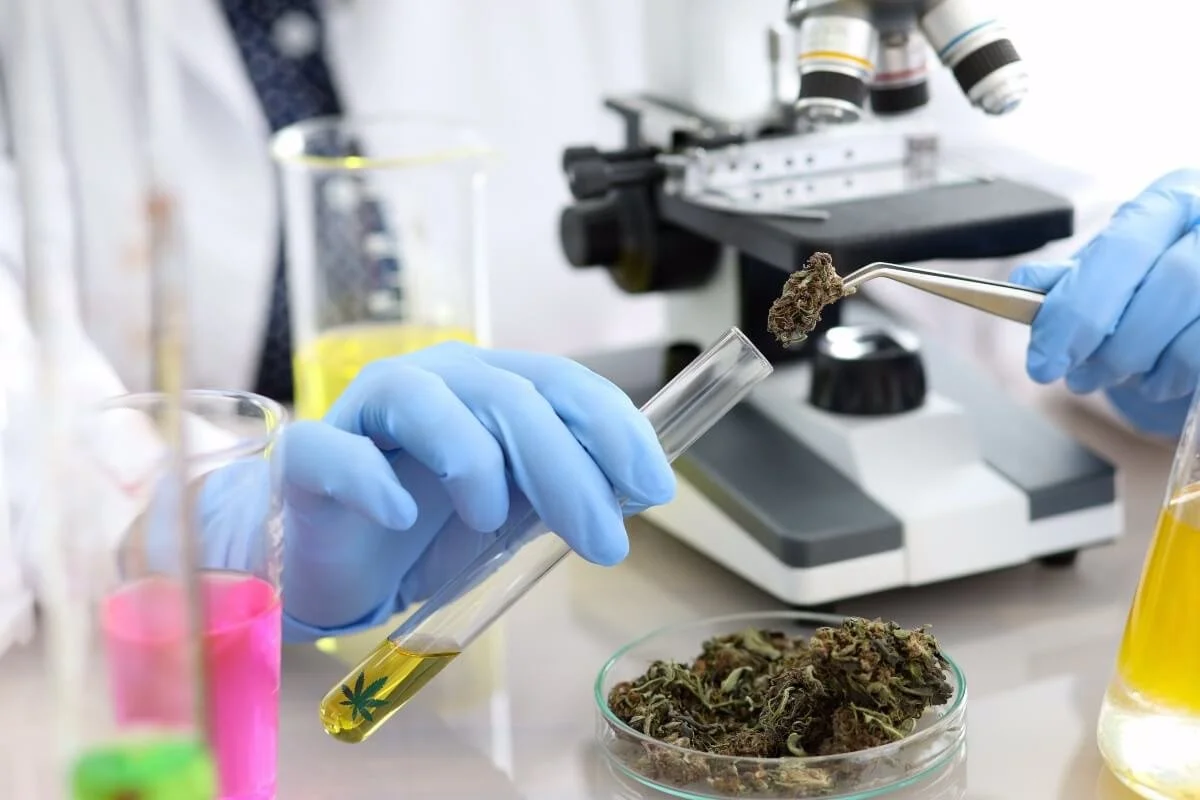Deep Dive: New Washington Pesticide Test Rules Bring Questions
Image: MJBIzDaily
In a recently released whitepaper regarding pesticides within the industry, Confidence Analytics made the following alarming statement:
"Dating back as far as 2016, off-the-shelf pesticide testing by industry watchdogs has revealed alarming levels of pesticide residues in cannabis products. The most concerning revelations have come from cannabis concentrates (vape pens and “dabbable” extracts), with failure rates for those product types reaching as high as 40%."
Shortly after the issue was laid out in such stark terms, the Washington State Liquor and Cannabis Board, or LCB, released new guidance regarding pesticide testing for Washington State Cannabis producers last week,
This could be a great breakthrough for customers in the industry, who would benefit from increased transparency and product safety stemming from increased pesticide oversight.
In theory, this rule should also benefit producers who are growing cannabis within the bounds of the LCB's accepted pesticide rules.
In true LCB fashion, the rules were broadly written, leaving the actual enforcement specifics somewhat foggy.
Because of this current fogginess, several questions have arisen with this announcement, each with their own set of ramifications. A few major questions are below.
1. How will this be enforced?
No one really knows for sure, yet. The most common projection is that the LCB will spot test batches at producer facilities, similar to the way in which they spot check other areas of compliance. This will theoretically allow the LCB to passively enforce this ruling as producers using pesticides will have to weigh the possibility of getting dinged from a spot check. However, this method may face the same limitations in effectiveness and equitable enforcement of other LCB measures.
2. How will customer transparency increase?
While cannabinoid testing results are on every packaged cannabis product in Washington, it is hard to imagine pesticide testing results will be equally transparent to customers. If the afore-mentioned spot checks at producers are the only method of enforcement, will customers ever even know if there products are truly pesticide free or not?
3. How will this affect the cost of producing cannabis?
Regulation is important for the industry as it builds trust and standards, but its cost should not be dismissed. With pesticide tests reaching $200 per lot, according to the Confidence Analytics whitepaper, producers could see another cost to production in a market where finding profit margins is already challening. There is a possiblity that the lot size per test could increase, but that could give an outsized benefit to larger producers.
It is probably the right move to have more scrutiny on pesticide use in the industry from a safety and trustworthiness perspective.
Hopefully the LCB finds a great answer these questions, and delivers a program that increases product safety and adds value to pesticide free cultivation.
Read More:
Strict Pesticide Testing For Smokable Cannabis To Go Into Effect In Washington State [BENZINGA]
Pesticide Testing in Washington State: A Whitepaper [CONFIDENCE ANALYTICS]
Media Release: Liquor and Cannabis Board Adopts Pesticide Testing Rules [LCB]

